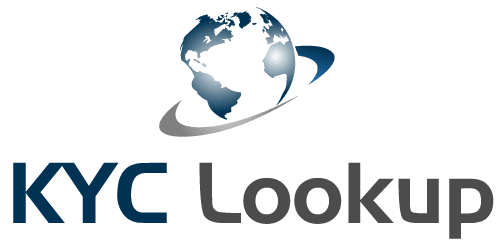25 Oct AML Regulations in Caribbean Real Estate: The Vital Role of Ongoing AML Training
The Caribbean region including Aruba and Grenada, known for their pristine beaches and stunning landscapes, are popular destinations for real estate investments. However, the attractiveness of the real estate sector also makes it susceptible to money laundering activities. To maintain the region’s real estate integrity and comply with global standards, Anti-Money Laundering (AML) regulations have been established. In this article, we’ll explore the significance of AML regulations in the Caribbean real estate sector and emphasise the importance of ongoing AML training to keep real estate professionals updated and in compliance.
Anti-Money Laundering Regulations in Caribbean Real Estate
- Customer Due Diligence (CDD): AML regulations necessitate real estate professionals to conduct thorough CDD to verify the identity of buyers, sellers, and other parties involved in transactions. Understanding who is involved is crucial in preventing money laundering through real estate.
- Record-Keeping: Comprehensive record-keeping is crucial for AML compliance. Real estate professionals are required to maintain records of transactions, customer information, and due diligence reports, allowing for traceability and transparency in all transactions.
- Suspicious Activity Reporting: AML regulations require real estate professionals to promptly report any suspicious activities or transactions that could indicate money laundering. Reporting such activities is vital to curbing illicit financial activities.
- Risk Assessment: Regular risk assessments are essential to identify and mitigate potential money laundering risks within the real estate sector. This proactive approach ensures that preventive measures are taken to minimise vulnerabilities.
- Compliance and Training: Staying compliant with AML laws is of utmost importance. Real estate professionals need to undergo continuous AML training to stay updated on the latest regulations and compliance requirements.
AML Training: A Pillar of Compliance and Competence
Ongoing AML training is more than just a regulatory requirement; it is a necessity for real estate professionals to effectively combat money laundering in the Caribbean real estate sector. Here’s why AML training is vital:
- Staying Informed and Updated: Money laundering techniques evolve rapidly. AML training ensures that real estate professionals are up-to-date with the latest trends and money laundering risks, enabling them to adapt and take appropriate preventive actions.
- Enhancing Compliance: AML courses provide in-depth knowledge of AML regulations and legal frameworks. This understanding empowers real estate professionals to ensure strict compliance, reducing the risk of non-compliance penalties.
- Identifying Red Flags: AML training equips professionals with the skills to identify suspicious activities and potential money laundering red flags. Recognising these signs allows for immediate action and reporting, preventing further illicit activities.
- Effective Risk Management: AML courses offer insights into risk assessment and management strategies specific to the real estate sector. This knowledge assists in implementing adequate safeguards and mitigating money laundering risks effectively.
- Building Credibility and Trust: Being well-versed in AML regulations through continuous training enhances the credibility and trust that clients place in real estate professionals, further strengthening the integrity of the sector.
In the Caribbean real estate sector, Anti-Money Laundering (AML) regulations are not just mandatory legalities; they are indispensable safeguards against financial crimes. Compliance requires a proactive approach and continuous education in the risks within the sector and AML training stands as a fundamental tool to achieve and maintain compliance while fostering a culture of competence and vigilance within the industry.
In a region where real estate holds immense value and appeal, it is critical that AML regulations are diligently followed by all real estate professionals. AML training is the cornerstone of this diligence, providing real estate professionals with the knowledge and skills needed to combat money laundering effectively. As the Caribbean real estate sector continues to thrive, investing in ongoing AML training is not an option—it is a responsibility that ensures a secure and transparent future for the industry.
Learn more on AML/KYC by visiting our online courses page and let us help you enhance your knowledge.
If you wish to watch our AML educational tutorials why not visit our video tutorial page.



No Comments